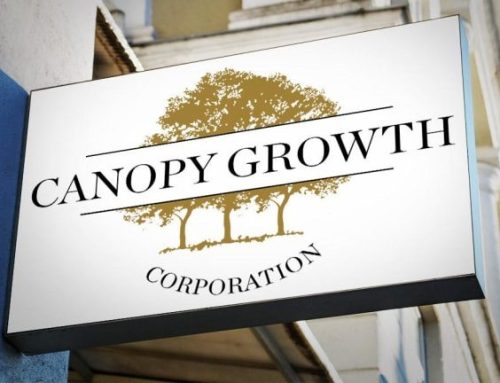Jushi Secures $4M in Revised FVCBank Loan
BOCA RATON – Jushi Holdings Inc. has adjusted the terms of its secured loan with FVCBank, gaining an extra $4 million in funding while pushing back the repayment deadline and trimming interest costs.
The changes, disclosed in a regulatory filing, extend the loan’s maturity to September 18, 2030, from its prior schedule. The interest rate floor also falls to 7.50%, down from 8.25%. Collateral stays tied to Jushi’s cultivation and processing site in Manassas, Virginia, a core asset in the company’s home-state operations. Jushi intends to deploy the new capital toward equipment upgrades, day-to-day liquidity needs, and general business expenses, moves that could shore up its position in a sector strained by uneven access to traditional financing.
This step comes as Jushi reports modest revenue gains but persistent shortfalls. In the second quarter ended June 30, the company posted $65 million in sales, a 2% increase from the prior quarter and up slightly from the year-earlier period. That figure reflects steady performance across its retail outlets and wholesale channels in states including Pennsylvania, Virginia, and Ohio. Yet adjusted EBITDA edged down to $13.7 million from $9.8 million three months earlier, with a net loss of $12.3 million underscoring the drag from high overhead and market saturation in mature jurisdictions.
From a financial lens, the tweaks offer tangible relief. The rate cut alone could save Jushi roughly $150,000 annually on the underlying $20 million principal, based on the original loan structure from 2023, a figure that compounds over the extended term to free up cash for reinvestment rather than debt service. Such adjustments matter in Cannabis, where federal restrictions keep borrowing costs elevated and equity raises elusive. Jushi’s deal with FVCBank, a regional lender familiar with Virginia’s regulatory setup, highlights the edge of localized partnerships over broader market plays.
Critics might point to the added debt load as a short-term patch for deeper issues, like Jushi’s $12.3 million quarterly deficit amid flatline growth. Shares in the company hovered around 68 cents late last week, reflecting investor caution in a subdued sector. Still, the Virginia facility [now a linchpin for production] stands to benefit directly, potentially lifting output efficiency in a state where adult-use sales have surged 25% year-over-year.
For Jushi, this refinancing signal discipline in a field full of overleveraged players. It buys runway to execute on store openings and supply chain tweaks without the immediate squeeze of ballooning obligations. As Cannabis operators nationwide grapple with consolidation pressures, such measured financing could prove the difference between steady scaling and forced pivots.



































